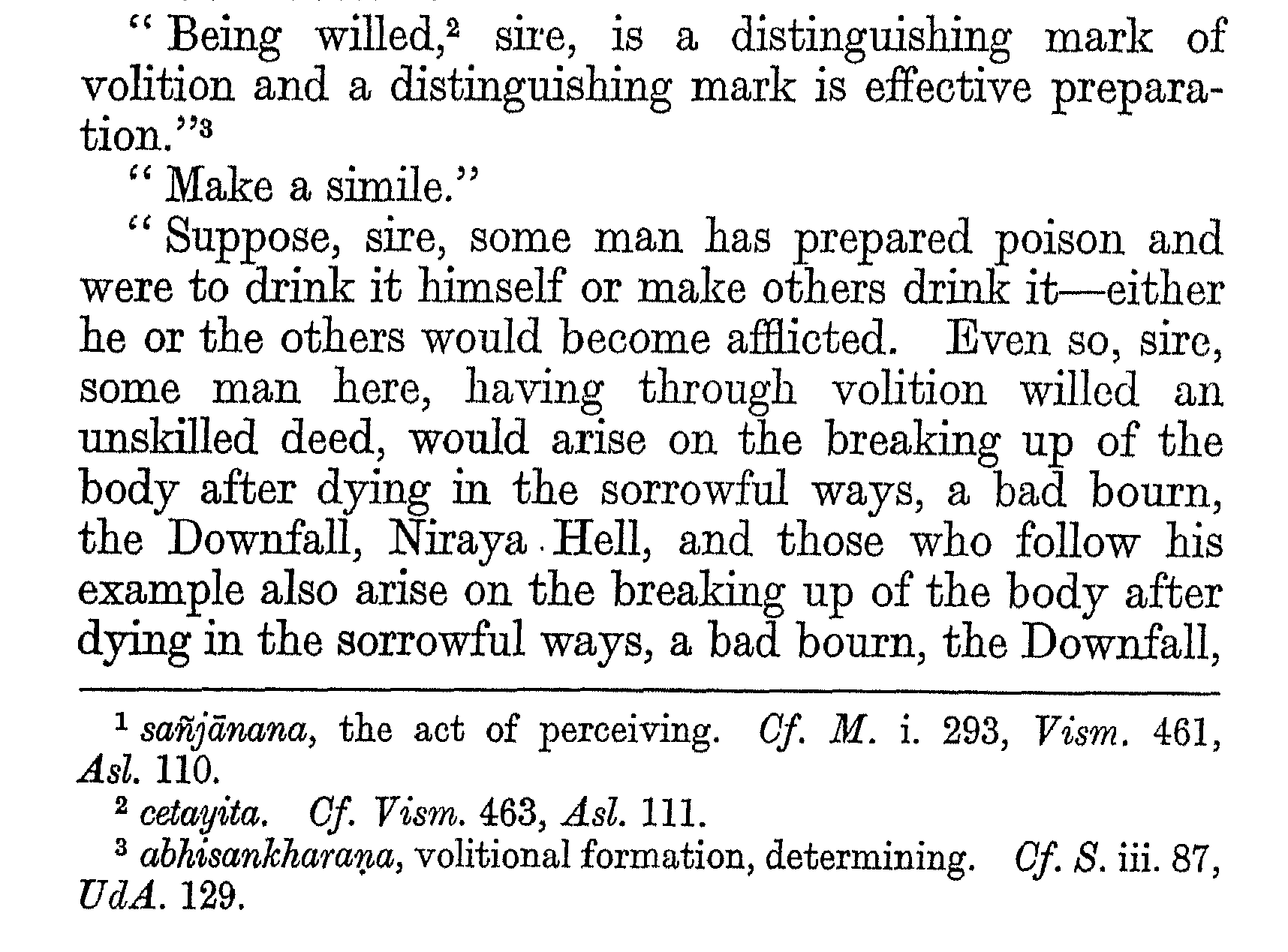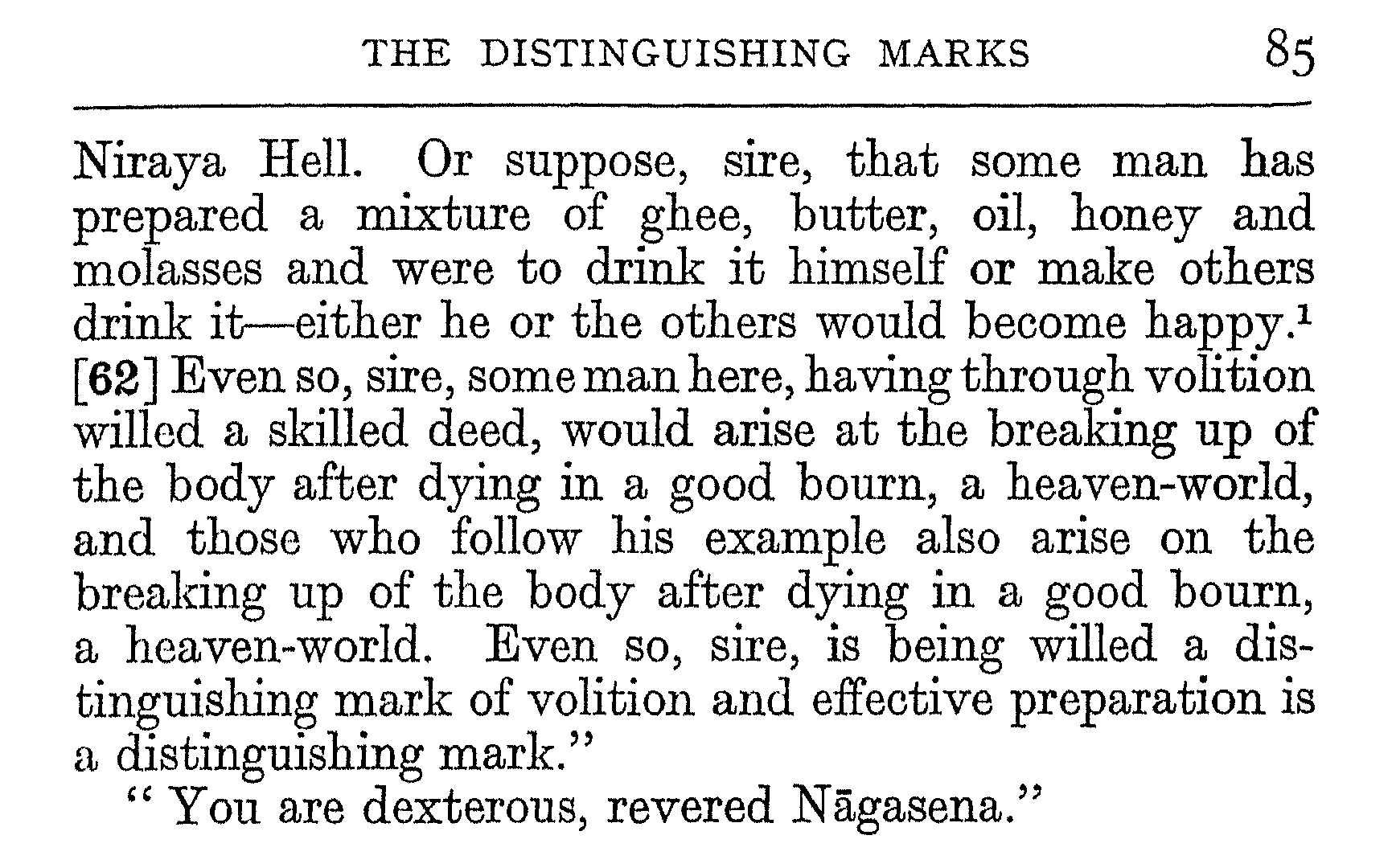AN 2.23:
“Mendicants, these two misrepresent the Realized One.“Dveme, bhikkhave, tathāgataṁ abbhācikkhanti.What two?Katame dve?One who explains what was not spoken by the Realized One as spoken by him. And one who explains what was spoken by the Realized One as not spoken by him.Yo ca abhāsitaṁ alapitaṁ tathāgatena bhāsitaṁ lapitaṁ tathāgatenāti dīpeti, yo ca bhāsitaṁ lapitaṁ tathāgatena abhāsitaṁ alapitaṁ tathāgatenāti dīpeti.These two misrepresent the Realized One.Ime kho, bhikkhave, dve tathāgataṁ abbhācikkhantīti.
These two don’t misrepresent the Realized One.Dveme, bhikkhave, tathāgataṁ nābbhācikkhanti.What two?Katame dve?One who explains what was not spoken by the Realized One as not spoken by him. And one who explains what was spoken by the Realized One as spoken by him.Yo ca abhāsitaṁ alapitaṁ tathāgatena abhāsitaṁ alapitaṁ tathāgatenāti dīpeti, yo ca bhāsitaṁ lapitaṁ tathāgatena bhāsitaṁ lapitaṁ tathāgatenāti dīpeti.These two don’t misrepresent the Realized One.”Ime kho, bhikkhave, dve tathāgataṁ nābbhācikkhantī”ti
DN 29:. SuttaCentral
Thy teacher is not supremely enlightened; his Norm is badly set forth, badly imparted, ineffectual for guidance, not conducive to peace, not imparted by one supremely enlightened.
Thou in that doctrine hast not mastered the lesser corollaries that follow from the larger doctrine, nor acquired correct conduct, nor walkest thou according to those corollaries, but thou dost perpetually evade that doctrine.’
Thus, Cunda, both that teacher and that doctrine are shown blameworthy, but the disciple is praiseworthy.
Now he who should say to such a disciple: ‘Come, your reverence, practise even according to the doctrine taught and declared by your teacher!’
Both he who instigates, and he who is instigated, and he too who, being instigated, practises accordingly,—they all of them generate much demerit.
And why?
Because their doctrine and discipline are badly set forth, badly imparted, ineffectual for guidance, not conducive to peace, not imparted by one supremely enlightened.
But consider, Cunda, where, the teacher not being supremely enlightened, and the doctrine being badly set forth, badly imparted, ineffectual for guidance, not conducive to peace, not imparted by one supremely enlightened, the disciple abides in that doctrine, practising the lesser corollaries following on the larger doctrine, acquiring correct conduct and, walking according to the precepts, perpetually conforms to that doctrine.
To him one might say: ‘Friend, thou hast been unlucky [in thy teacher], and in thy opportunity; thy teacher is not supremely enlightened; thy doctrine is badly set forth, badly imparted, ineffectual for guidance, not conducive to peace, not imparted by one supremely enlightened; and thou abide in that doctrine, practising the lesser corollaries following on the larger doctrine, acquiring correct conduct and, walking according to the precepts, perpetually conformest to that doctrine.’
By these words, Cunda, teacher and doctrine and disciple are all blameworthy.
And he who should say: ‘Verily his reverence mastering the system will carry it to a successful end!’ -
He thus commending and he who is commended and he who, thus commended, redoubles the energy he puts forth,—all they generate much demerit.
And why?
Because their doctrine and discipline have been badly set forth, badly imparted, ineffectual for guidance, not conducive to peace, not imparted by one supremely enlightened.

